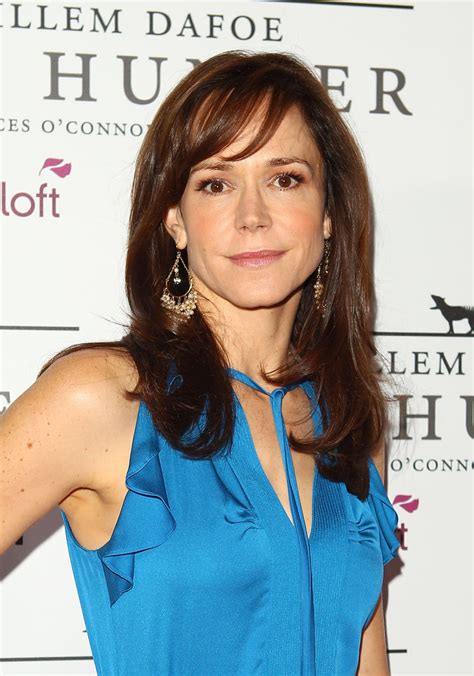A Quote by Vera Rubin
I guess to me religion is a kind of moral code.
Related Quotes
There's a definite sense this morning on the part of the Kerry voters that perhaps this is code, 'moral values,' is code for something else. It's code for taking a different position about gays in America, an exclusionary position, a code about abortion, code about imposing Christianity over other faiths.
Do you know what religion is, Martin, my friend? -I can barely remember Lord's Prayer. -A beautiful and well-crafted prayer. Poetry aside, a religion is really a moral code that is expressed through legends,myths, or any type of literary device in order to establish a system of beliefs, values , and rules with which to regulate a culture or a society.




































